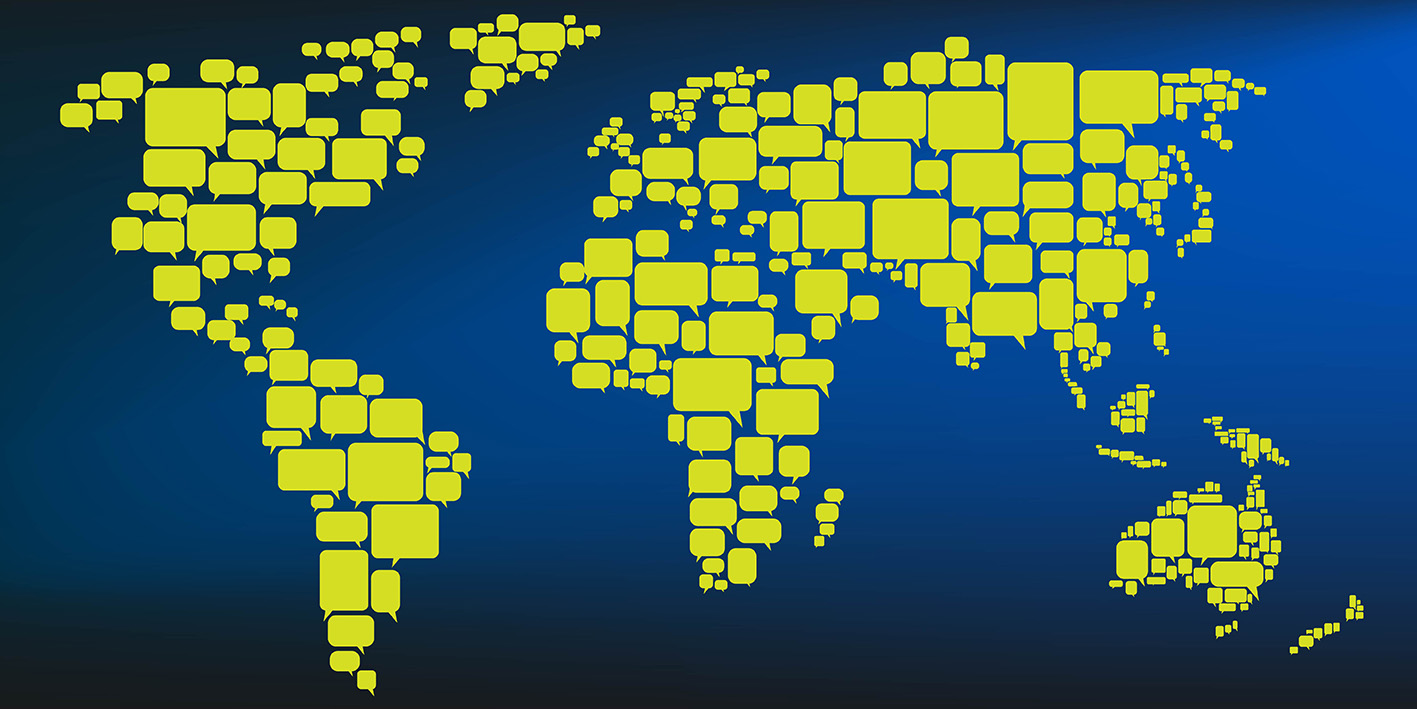
We want to globalise research and teaching in media and communication studies.
Join us.
September 2022
Our field is ripe for change. While most agree that it needs to be more internationally diverse, progress has been slow. Good ideas are not lacking, but their diffusion and application has lagged. We hope to build a network that will accelerate the development of more globalised ways of studying and teaching media and communication.
Our network is not a department or a research centre. We are an informal collective of academics from different continents. We believe that there is already a critical mass of colleagues who have been pushing the boundaries of our field, and even larger numbers who intuitively share our broad vision. We think that loosely coordinated collaboration can accelerate the changes we would like to see.
Our immediate goal is to develop a resource hub for teachers: it will recommend topics and course materials for colleagues who want to globalise their syllabi but are not sure how. We are also keen to stimulate more global research in areas that remain highly western-centric, through events and publications.
We are starting with an open call to join our network. You may be an academic who is already engaged in efforts to globalise, dewesternise, and decolonialise the field. Or, you may be open to the idea of adapting your teaching and research to make it more diverse and inclusive, but not have figured out an approach that suits you. Please sign up so we can keep the conversation going….
WHO WE ARE

Journalists from the Global South are coming to the realisation that there is no ‘wrong’ or ‘right’ way of doing journalism — there is no one way of doing journalism. In fact, by removing themselves from the shackles of the concept of a ‘universal’ journalism practice, they are giving way to a plethora of diverse journalisms to emerge and flourish.”
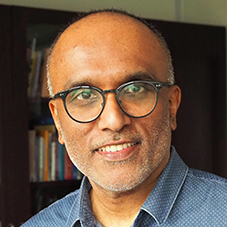
The pressing issues we try to deal with in our field — from authoritarian populism, disinformation and propaganda, to social inequality, war and the climate crisis — beg to be studied globally. Not by just grafting ‘international’ branches onto trunks rooted in ethics of domination, but by cultivating collaborations that are open to the different priorities and positionalities of a diverse and unequal world.”
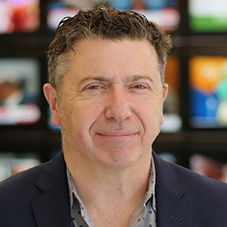
De-westernizing communication and media studies is imperative in order to challenge received assumptions and arguments, stimulate curiosity, and expand analytical horizons. It demands an epistemological shift that situates scholarship across academic and geographical borders. De-westernizing should not be viewed as a matter of thematic specialization, but rather, as a collective enterprise of intellectual rediscovery.”
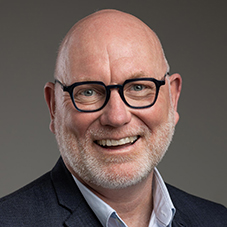
“The field of global media studies continues to be dominated by the perspectives, experiences and concerns of the Global North. Knowledge production from the South continues to be constrained by the political economy of academic research and publication. To address this, it is important to move beyond ideas of ‘diversity’ and ‘inclusion’ to a more radical decolonization of the field, which will address structural power relations in addition to content, representation and inclusion.”
Assistant Editors

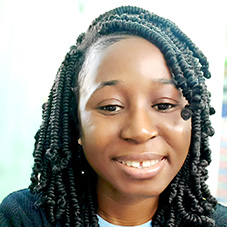
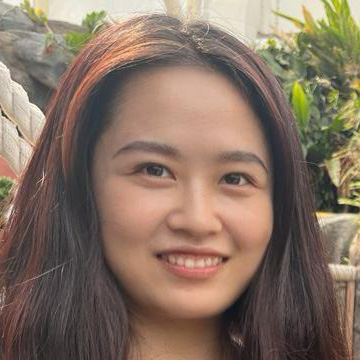
Follow us on Mastodon
HONG KONG BAPTIST UNIVERSITY’S SCHOOL OF COMMUNICATION serves as the institutional home of this network.

